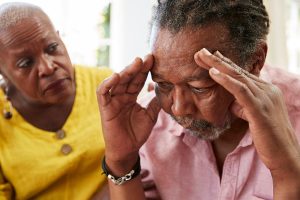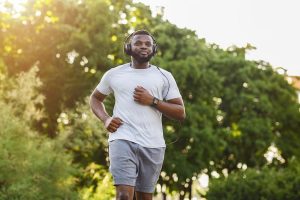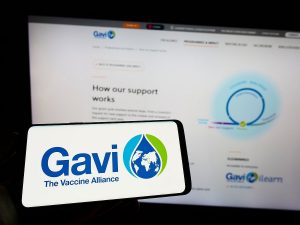If you intend to run, bike or put in a Zumba video after work, plan on doing it sooner rather than later.
A workout that ends a couple of hours before bedtime should help you fall asleep, while one that’s closer to bedtime could have you counting a lot of sheep.
“Overall, our analysis showed that when exercise ended two hours before bedtime, there were sleep benefits, including the promotion of sleep onset and increased sleep duration,” said study co-author Emmanuel Frimpong, a postdoctoral fellow at the Sleep, Cognition and Neuroimaging Lab at Concordia University in Montreal.
“On the other hand, when exercise ended less than two hours before bedtime, sleep was negatively impacted. It took longer for participants to fall asleep and sleep duration decreased,” Frimpong noted in a university news release.
The researchers conducted a meta-analysis using data from 15 published studies to determine how a single session of intense exercise affected young and middle-aged healthy adults and their sleep.
“When we reviewed the literature on this work, we found that there were a lot of mixed results,” said Melodee Mograss, a cognitive neuropsychologist and researcher at the university sleep lab. “Some depended on the time of exercise, others on the fitness level of a study’s participants, or even the type of exercise.”
The team found that early evening high-intensity exercise helped promote sleep, especially if the person working out was typically sedentary. Working out for between 30 and 60 minutes also helped people fall asleep and stay asleep. Cycling had the most sleep benefits.
A consistent exercise schedule is best, as exercising at different times of the evening could cause sleep disturbances, the researchers noted.
“Based on our review, for healthy, young and middle-aged adults with no history of sleep disorders, evening exercises should be performed in the early evening if possible,” Frimpong said. “And lastly, sleep hygiene strategies should also be carried out, such as taking a shower between the cessation of exercise and bedtime and avoiding eating heavy meals or drinking a lot of water before going to bed.”
Your strategy might also vary depending on whether you’re a night owl or an early riser. “High-intensity exercise performed late in the evening can result in sleep disturbance for morning-type people,” Frimpong said.
The findings were published Sept. 28 in the journal Sleep Medicine Reviews.
More information
The Sleep Foundation has tips for healthy sleeping.
SOURCE: Concordia University, news release, Sept. 28, 2021
Source: HealthDay
Copyright © 2025 HealthDay. All rights reserved.

















